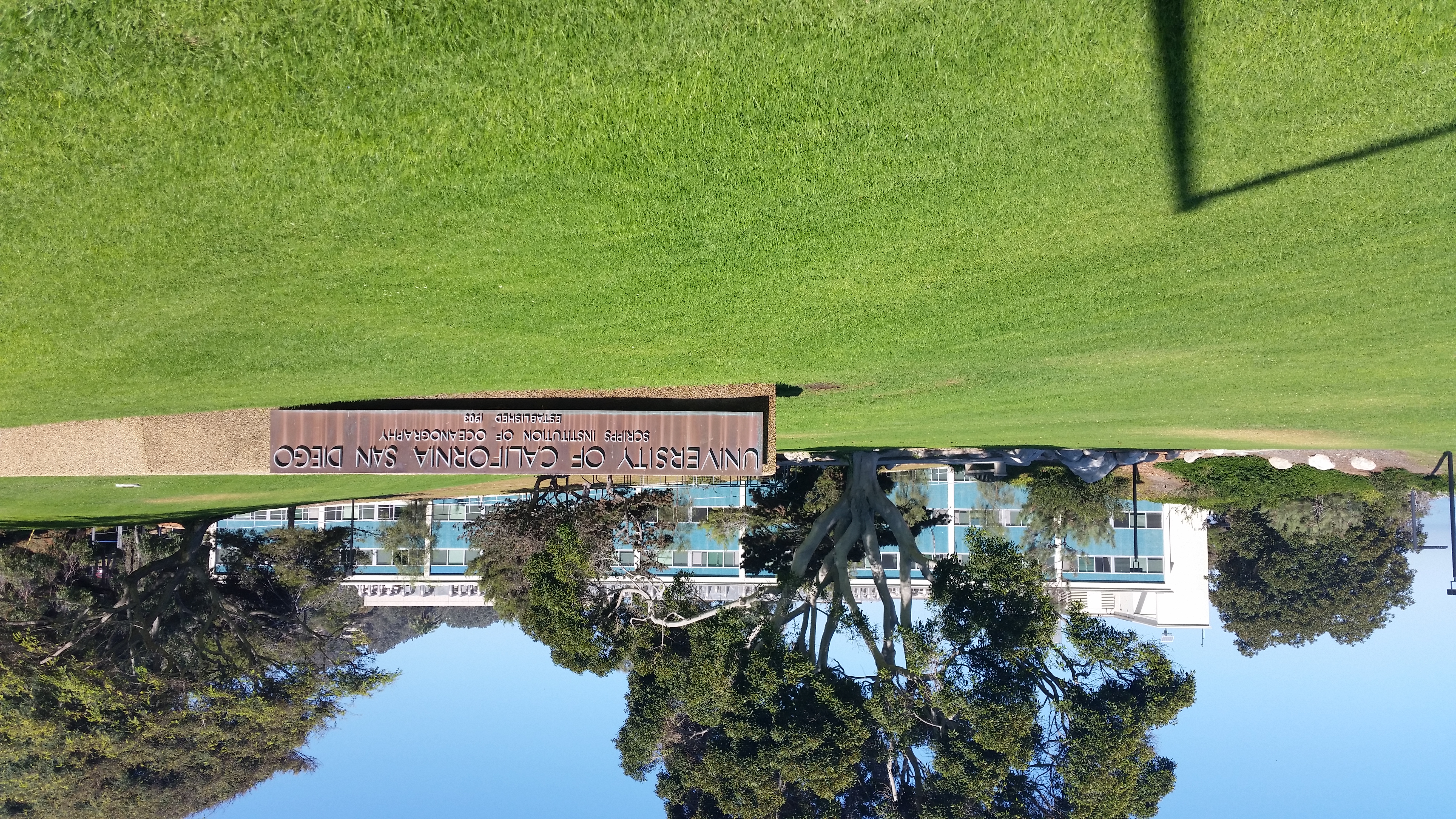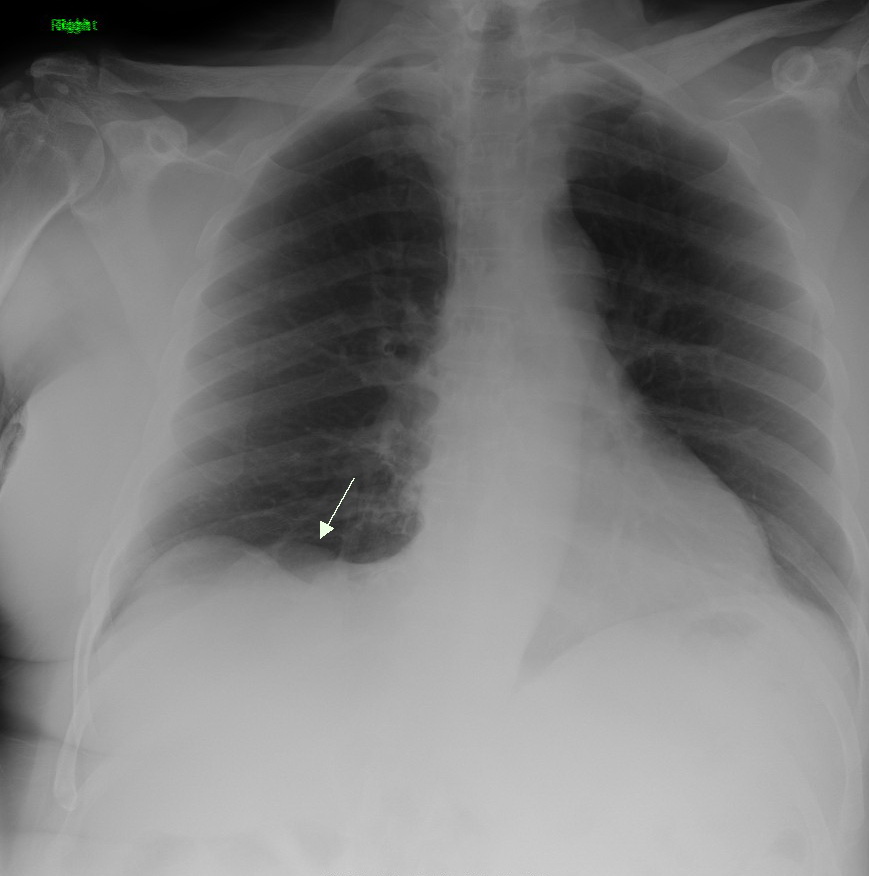|
COSMIC Cancer Database
COSMIC is an online database of somatically acquired mutations found in human cancer. Somatic mutations are those that occur in non-germline cells that are not inherited by children. COSMIC, an acronym of ''Catalogue Of Somatic Mutations In Cancer'', curates data from papers in the scientific literature and large scale experimental screens from the Cancer Genome Project at the Sanger Institute. The database is freely available to academic researchers and commercially licensed to others. Creation and history The COSMIC (Catalogue of Somatic Mutations in Cancer) database was designed to collect and display information on somatic mutations in cancer. It was launched in 2004, with data from just four genes, HRAS, KRAS2, NRAS and BRAF. These four genes are known to be somatically mutated in cancer. Since its creation, the database has expanded rapidly. By 2005 COSMIC contained 529 genes screened from 115,327 tumours, describing 20,981 mutations. By August 2009 it contained informat ... [...More Info...] [...Related Items...] OR: [Wikipedia] [Google] [Baidu] |
COSMIC Cancer Database Logo
{{disamb ...
Cosmic commonly refers to: * The cosmos, a concept of the universe Cosmic may also refer to: Media * ''Cosmic'' (album), an album by Bazzi * Afro/Cosmic music * "Cosmic", a song by Kylie Minogue from the album '' X'' * CosM.i.C, a member of the Swedish rap group Looptroop Rockers * Cosmic, an album by Thomas Anders Science * An electronic medical record software developed by Cambio * Constellation Observing System for Meteorology, Ionosphere, and Climate * COSMIC cancer database * COSMIC functional size measurement Other uses * Cosmic Top Secret, a category of classified information used by NATO * Cosmic ocean, a mythological motif See also * Cosmic background (other) * Cosmos (other) Cosmos generally refers to an orderly or harmonious system. Cosmos or Kosmos may also refer to: Space * ''Cosmos 1'', a privately funded solar sail spacecraft project * Cosmic Evolution Survey (COSMOS), a Hubble Space Telescope Treasury Project ... [...More Info...] [...Related Items...] OR: [Wikipedia] [Google] [Baidu] |
Phenotype
In genetics, the phenotype () is the set of observable characteristics or traits of an organism. The term covers the organism's morphology or physical form and structure, its developmental processes, its biochemical and physiological properties, its behavior, and the products of behavior. An organism's phenotype results from two basic factors: the expression of an organism's genetic code, or its genotype, and the influence of environmental factors. Both factors may interact, further affecting phenotype. When two or more clearly different phenotypes exist in the same population of a species, the species is called polymorphic. A well-documented example of polymorphism is Labrador Retriever coloring; while the coat color depends on many genes, it is clearly seen in the environment as yellow, black, and brown. Richard Dawkins in 1978 and then again in his 1982 book ''The Extended Phenotype'' suggested that one can regard bird nests and other built structures such as cad ... [...More Info...] [...Related Items...] OR: [Wikipedia] [Google] [Baidu] |
Science And Technology In Cambridgeshire
Science is a systematic endeavor that builds and organizes knowledge in the form of testable explanations and predictions about the universe. Science may be as old as the human species, and some of the earliest archeological evidence for scientific reasoning is tens of thousands of years old. The earliest written records in the history of science come from Ancient Egypt and Mesopotamia in around 3000 to 1200 BCE. Their contributions to mathematics, astronomy, and medicine entered and shaped Greek natural philosophy of classical antiquity, whereby formal attempts were made to provide explanations of events in the physical world based on natural causes. After the fall of the Western Roman Empire, knowledge of Greek conceptions of the world deteriorated in Western Europe during the early centuries (400 to 1000 CE) of the Middle Ages, but was preserved in the Muslim world during the Islamic Golden Age and later by the efforts of Byzantine Greek scholars who brought Greek ma ... [...More Info...] [...Related Items...] OR: [Wikipedia] [Google] [Baidu] |
Medical Genetics
Medical genetics is the branch tics in that human genetics is a field of scientific research that may or may not apply to medicine, while medical genetics refers to the application of genetics to medical care. For example, research on the causes and inheritance of genetic disorders would be considered within both human genetics and medical genetics, while the diagnosis, management, and counselling people with genetic disorders would be considered part of medical genetics. In contrast, the study of typically non-medical phenotypes such as the genetics of eye color would be considered part of human genetics, but not necessarily relevant to medical genetics (except in situations such as albinism). ''Genetic medicine'' is a newer term for medical genetics and incorporates areas such as gene therapy, personalized medicine, and the rapidly emerging new medical specialty, predictive medicine. Scope Medical genetics encompasses many different areas, including clinical practice of ... [...More Info...] [...Related Items...] OR: [Wikipedia] [Google] [Baidu] |
Medical Databases
Medicine is the science and practice of caring for a patient, managing the diagnosis, prognosis, prevention, treatment, palliation of their injury or disease, and promoting their health. Medicine encompasses a variety of health care practices evolved to maintain and restore health by the prevention and treatment of illness. Contemporary medicine applies biomedical sciences, biomedical research, genetics, and medical technology to diagnose, treat, and prevent injury and disease, typically through pharmaceuticals or surgery, but also through therapies as diverse as psychotherapy, external splints and traction, medical devices, biologics, and ionizing radiation, amongst others. Medicine has been practiced since prehistoric times, and for most of this time it was an art (an area of skill and knowledge), frequently having connections to the religious and philosophical beliefs of local culture. For example, a medicine man would apply herbs and say prayers for healing, or an an ... [...More Info...] [...Related Items...] OR: [Wikipedia] [Google] [Baidu] |
Genetic Engineering In The United Kingdom
Genetic may refer to: *Genetics, in biology, the science of genes, heredity, and the variation of organisms **Genetic, used as an adjective, refers to genes ***Genetic disorder, any disorder caused by a genetic mutation, whether inherited or de novo ***Genetic mutation, a change in a gene ****Heredity, genes and their mutations being passed from parents to offspring **Genetic recombination, refers to the recombining of alleles resulting in a new molecule of DNA *Genetic relationship (linguistics), in linguistics, a relationship between two languages with a common ancestor language *Genetic algorithm In computer science and operations research, a genetic algorithm (GA) is a metaheuristic inspired by the process of natural selection that belongs to the larger class of evolutionary algorithms (EA). Genetic algorithms are commonly used to gene ..., in computer science, a kind of search technique modeled on evolutionary biology See also * Genetic memory (other) {{disam ... [...More Info...] [...Related Items...] OR: [Wikipedia] [Google] [Baidu] |
Cancer Research
Cancer research is research into cancer to identify causes and develop strategies for prevention, diagnosis, treatment, and cure. Cancer research ranges from epidemiology, molecular bioscience to the performance of clinical trials to evaluate and compare applications of the various cancer treatments. These applications include surgery, radiation therapy, chemotherapy, hormone therapy, immunotherapy and combined treatment modalities such as chemo-radiotherapy. Starting in the mid-1990s, the emphasis in clinical cancer research shifted towards therapies derived from biotechnology research, such as cancer immunotherapy and gene therapy. Cancer research is done in academia, research institutes, and corporate environments, and is largely government funded. History Cancer research has been ongoing for centuries. Early research focused on the causes of cancer. Percivall Pott identified the first environmental trigger (chimney soot) for cancer in 1775 and cigarette smoking was identif ... [...More Info...] [...Related Items...] OR: [Wikipedia] [Google] [Baidu] |
Cancer Genome Databases
Cancer is a group of diseases involving abnormal cell growth with the potential to invade or spread to other parts of the body. These contrast with benign tumors, which do not spread. Possible signs and symptoms include a lump, abnormal bleeding, prolonged cough, unexplained weight loss, and a change in bowel movements. While these symptoms may indicate cancer, they can also have other causes. Over 100 types of cancers affect humans. Tobacco use is the cause of about 22% of cancer deaths. Another 10% are due to obesity, poor diet, lack of physical activity or excessive drinking of alcohol. Other factors include certain infections, exposure to ionizing radiation, and environmental pollutants. In the developing world, 15% of cancers are due to infections such as ''Helicobacter pylori'', hepatitis B, hepatitis C, human papillomavirus infection, Epstein–Barr virus and human immunodeficiency virus (HIV). These factors act, at least partly, by changing the genes of a cell. Ty ... [...More Info...] [...Related Items...] OR: [Wikipedia] [Google] [Baidu] |
Biological Databases
Biological databases are libraries of biological sciences, collected from scientific experiments, published literature, high-throughput experiment technology, and computational analysis. They contain information from research areas including genomics, proteomics, metabolomics, microarray gene expression, and phylogenetics. Information contained in biological databases includes gene function, structure, localization (both cellular and chromosomal), clinical effects of mutations as well as similarities of biological sequences and structures. Biological databases can be classified by the kind of data they collect (see below). Broadly, there are molecular databases (for sequences, molecules, etc.), functional databases (for physiology, enzyme activities, phenotypes, ecology etc), taxonomic databases (for species and other taxonomic ranks), images and other media, or specimens (for museum collections etc.) Databases are important tools in assisting scientists to analyze and explain ... [...More Info...] [...Related Items...] OR: [Wikipedia] [Google] [Baidu] |
University Of California, San Diego
The University of California, San Diego (UC San Diego or colloquially, UCSD) is a public university, public Land-grant university, land-grant research university in San Diego, California. Established in 1960 near the pre-existing Scripps Institution of Oceanography, UC San Diego is the southernmost of the ten campuses of the University of California, and offers over 200 undergraduate and graduate degree programs, enrolling 33,096 undergraduate and 9,872 graduate students. The university occupies near the coast of the Pacific Ocean, with the main campus resting on approximately . UC San Diego is ranked among the best universities in the world by major college and university rankings. UC San Diego consists of twelve undergraduate, graduate and professional schools as well as seven undergraduate residential colleges. It received over 140,000 applications for undergraduate admissions in Fall 2021, making it the second most applied-to university in the United States. UC San Diego H ... [...More Info...] [...Related Items...] OR: [Wikipedia] [Google] [Baidu] |
Wellcome Sanger Institute
The Wellcome Sanger Institute, previously known as The Sanger Centre and Wellcome Trust Sanger Institute, is a non-profit British genomics and genetics research institute, primarily funded by the Wellcome Trust. It is located on the Wellcome Genome Campus by the village of Hinxton, outside Cambridge. It shares this location with the European Bioinformatics Institute. It was established in 1992 and named after double Nobel Laureate Frederick Sanger. It was conceived as a large scale DNA sequencing centre to participate in the Human Genome Project, and went on to make the largest single contribution to the gold standard sequence of the human genome. From its inception the institute established and has maintained a policy of data sharing, and does much of its research in collaboration. Since 2000, the institute expanded its mission to understand "the role of genetics in health and disease". The institute now employs around 900 people and engages in five main areas of research: Canc ... [...More Info...] [...Related Items...] OR: [Wikipedia] [Google] [Baidu] |
Lung Cancer
Lung cancer, also known as lung carcinoma (since about 98–99% of all lung cancers are carcinomas), is a malignant lung tumor characterized by uncontrolled cell growth in tissue (biology), tissues of the lung. Lung carcinomas derive from transformed, malignant cells that originate as epithelial cells, or from tissues composed of epithelial cells. Other lung cancers, such as the rare sarcomas of the lung, are generated by the malignant transformation of connective tissues (i.e. nerve, fat, muscle, bone), which arise from mesenchymal cells. Lymphomas and melanomas (from lymphoid and melanocyte cell lineages) can also rarely result in lung cancer. In time, this uncontrolled neoplasm, growth can metastasis, metastasize (spreading beyond the lung) either by direct extension, by entering the lymphatic circulation, or via hematogenous, bloodborne spread – into nearby tissue or other, more distant parts of the body. Most cancers that originate from within the lungs, known as primary ... [...More Info...] [...Related Items...] OR: [Wikipedia] [Google] [Baidu] |






